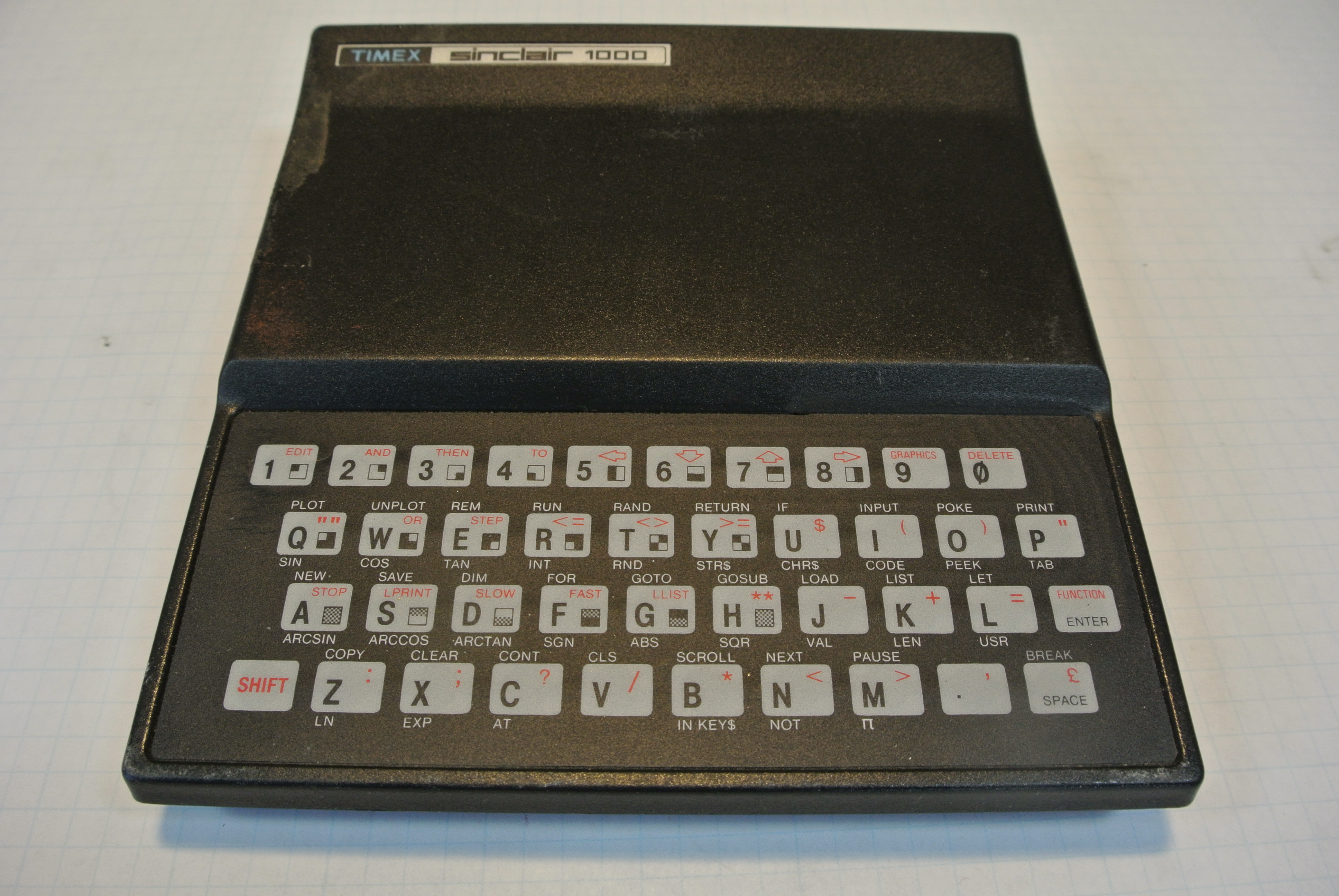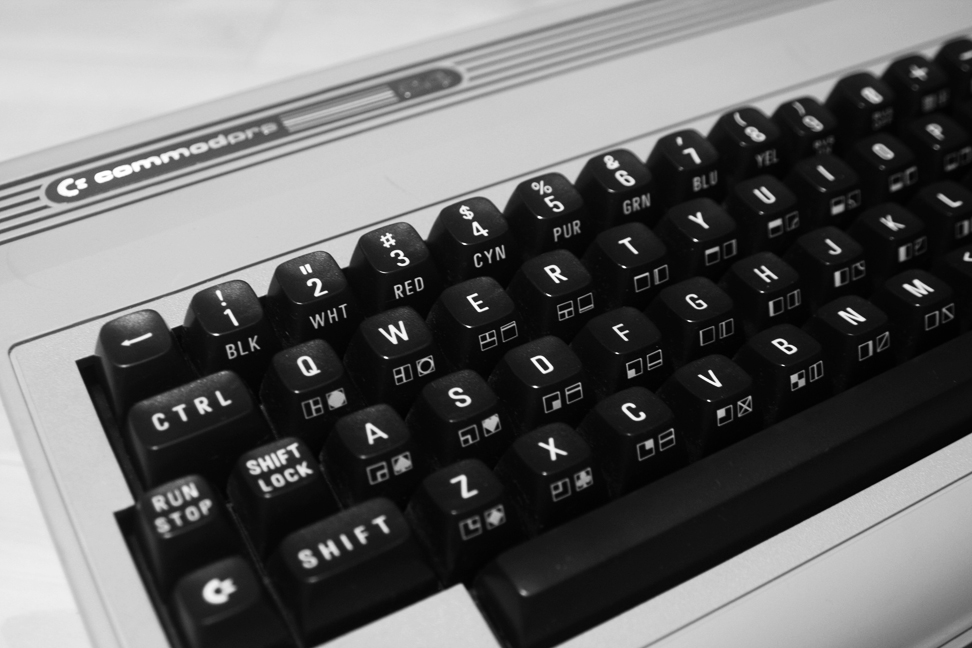In July 1977, a Geek was born.
The world would never be the same!
I was born in July 1977, in the town of Exeter, New Hampshire. For a short time, I lived in the town of Lincoln, Maine, and then my family moved to the town of Newmarket, NH where I have lived ever since.
My early childhood was definitely difficult for my parents. According to my mom, she would buy the usual baby and toddler toys and I’d have them out of the package and figured out soon after we arrived back at home. I was also told that I was reading at age two – and this must be true since I can’t recall ever not being able to read. I grew up with a large library of Dr. Seuss books, and I do remember some of my favorites were “The Cat in The Hat“, “The First of Octember“, and “Put Me In the Zoo“.

When I was about four years old, our family got a “Timex Sinclair” computer (Yes, it was sold by the watch company!) and that’s where my computer education began! You see, back in those days you had to know a bit of programming in order to use a computer, even if it is only the series of instructions you had to type in to tell the computer to load a program in from cassette tape (Yes, just like a music tape) and run it. The Timex computer we had was equipped at first with a tiny 1 kilobyte of memory. To put this in perspective, the article you are reading right now is well over one kilobyte – since one kilobyte is just over one thousand letters. The computer we had was a very primative machine especially compared to modern systems; it needed a black and white TV to use as display, and, it had absolutely zero sound capability. Despite these limitations, many programs were written for this early computer, and I got my first exposure to the BASIC programming language.

Shortly after the arrival of the Timex computer, we became owners of a Commodore 64. This machine was one of the best selling computers of the 1980s. Compared to the Timex, this machine was a supercomputer! Sixteen colors, a three-voice sound chip (which to this day is used in techno-music, and people have even made music keyboards and PC sound cards that use the chip in question) and it could even be connected to a floppy disk drive and printer!
This computer, and the Apple IIe computers we had at school would be what made me into “Rick The Geek”. I very quickly became adept at using both machines, and the best thing about learning to use different machines was that I was able to learn the theory behind how computers worked, rather than simply the “cookbook steps” to operating a single machine. For example, the process of starting a program saved on a floppy disk was different on each machine. On the Commodore, the user would have to enter some commands to “load” the program into memory, and then to “run” the program once you did so. On the Apple, the user simply had to insert the disk and turn the computer on, and in most cases, the program would start automatically, or you may have to ask the computer for a “catalog” of the programs on the disk and then to “run” the desired program out of the list of programs on the disk.
In the 80s, at least in the early 80s, being a “computer geek” wasn’t the same as it was today. Back then, being a “nerd” meant you were the target of ridicule, unlike today where it’s considered “cool” – in fact, I have a tee shirt in my collection that says “stop laughing computers are cool now”. Of course, as time went on, the other students in my classes realized that computers were useful for typing things like essays and book reports, and of course, video games became more common, so it really did end up that computers were “cool” now. Now, of course, it seems like every toddler is issued a tablet – and we have more computing power on our smartphones than NASA did when we put men on the Moon in 1969!
I graduated from high school in 1996, and over the years I’ve held many jobs. I first started out, like most teenagers do, working in food-service, in my case, Gepetto’s Pizza. I’ve also worked in retail (Wal-Mart, Toys ‘R Us, and even RadioShack), and have also repaired pretty much everything from laser printers, to cellphones, durable medical equipment (power and manual wheelchairs, hospital beds, etc) and even trains!